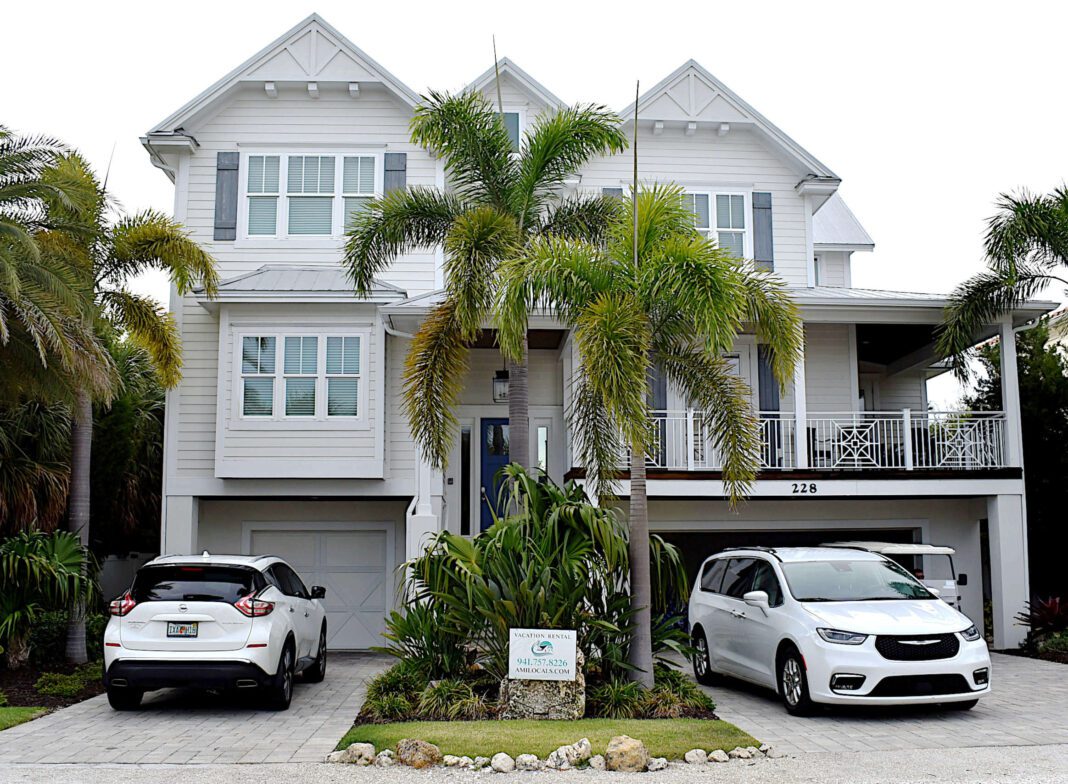TALLAHASSEE – Gov. Ron DeSantis will decide the fate of proposed vacation rental legislation that seeks to preempt vacation rental regulation to the state.
Supported by the Florida Senate and House of Representatives, the legislation proposed in the matching House and Senate bills and now known collectively as CS/SB 280 would preempt vacation rental regulation, including vacation rental advertising, to the Florida Department of Business and Professional Regulation (DBPR). DeSantis can sign the legislation into state law, allow it to become state law unsigned or veto it.
If DeSantis supports the state preemption, local and county governments, including those on Anna Maria Island, will lose some local vacation rental regulation authority and enforcement powers. If adopted as state law, local governments could still conduct annual health and safety regulation inspections, require an annual vacation rental registry and continue levying “reasonable” registration and inspection fees. The enrolled bill does not define “reasonable.”
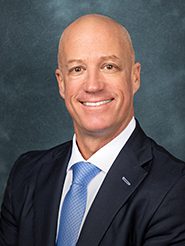
Sponsored by Sen. Nick DiCeglie (R-Indian Rocks Beach), the Senate, on Feb. 1, voted 27-13 in favor of adopting SB 280 as it was written at that time.
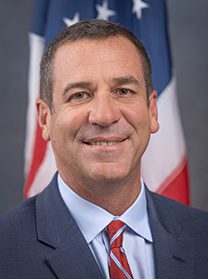
On Wednesday, March 6, the House members voted 60-51 in favor of the amended committee substitute version of SB 280 after adopting a lengthy amendment presented by Rep. Philp Griffitts Jr. (R-Panama City Beach), the sponsor of the original House bill, HB 1537. Rep. Will Robinson Jr. (R-Bradenton) voted in favor of the bill which was then sent to the Senate seeking Senate concurrence with the House-amended committee substitute version of CS/SB 280.
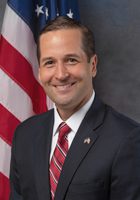
While debating the House-amended bill on March 7, Sen. Bobby Powell (D-West Palm Beach) proposed a Senate amendment to the House amendment that would have grandfathered in any local vacation rental regulations adopted before July 1, 2024. After a spirited debate between supporting and opposing senators, 16 members supported Powell’s amendment and 24 rejected it.
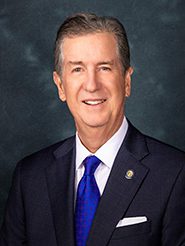
After further debate, the Senate members voted 23-16 in favor of adopting the House-amended version of CS/SB 280, thus creating identical matching bills to send to DeSantis. Sen. Jim Boyd (R-Bradenton) and Sen. Joe Gruters (R-Sarasota) opposed Powell’s amendment and supported the final adoption of the bill. The 2024 legislative session ended on March 8.
Bill language
On Feb. 23, Griffitts told The Sun his primary goals were to create a statewide vacation rental registry database and to better ensure short-term vacation rentals are properly registered and all applicable taxes and fees are paid. Griffitts said it was unlikely that House members would adopt the Senate bill that then differed significantly from the House bill. However, on March 6, Griffitts presented the House members with a lengthy proposed amendment to the Senate bill, which the House adopted by a slim nine-vote margin.
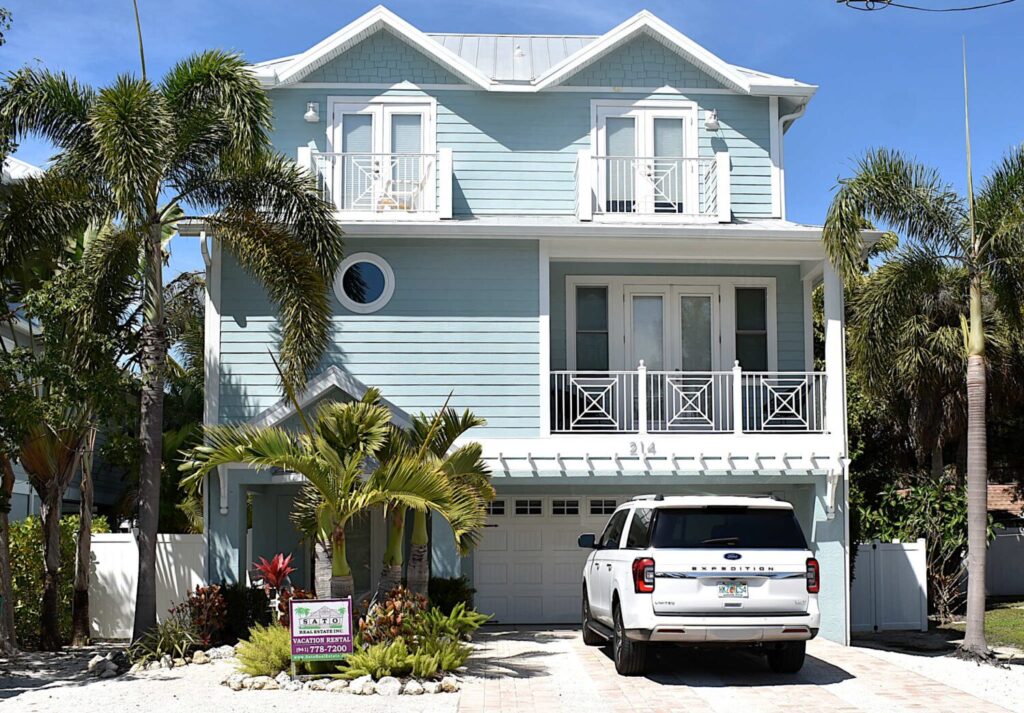
If enacted as state law, CS/SB 280 would require vacation rental owners, managers and operators to comply with a maximum overnight occupancy that doesn’t exceed two persons per bedroom, plus an additional two persons in one common area; or more than two persons per bedroom if there is at least 50 square feet per person, plus an additional two persons in one common area, whichever’s greater.
Adopted in 2015, Anna Maria’s vacation rental ordinance limits total occupancy to eight persons for any vacation rental home or unit built after that city ordinance took effect. In response to more than 100 Bert Harris claims filed within one year of the city vacation rental ordinance adoption, the city commission granted legitimate Bert Harris claimants additional two-plus-two occupancy exemptions that exceed eight occupants.
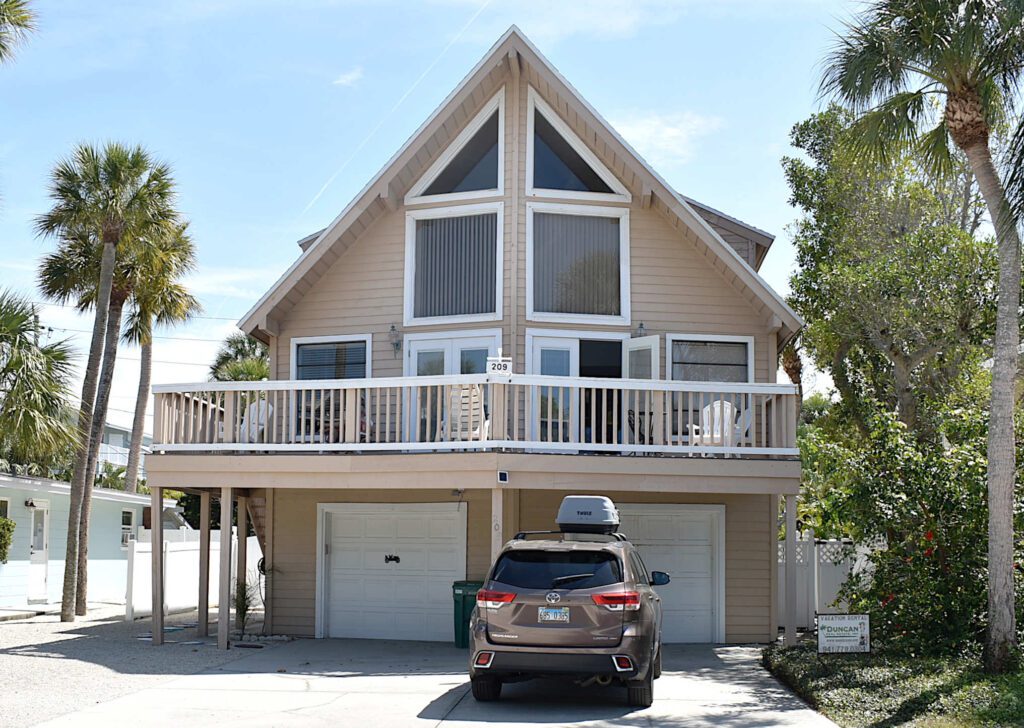
Similar to local vacation rental ordinances, CS/SB 280 would require the vacation rental owner/operator/manager to designate a representative who can respond to complaints or emergencies by phone, or in person, 24 hours a day, seven days a week. That designated individual would also receive any violation notices issued by a local municipality or DBPR.
During the March 7 Senate debate, DiCeglie acknowledged only nine DBPR staff members would be assigned to oversee the state’s vacation rental regulation, but local governments would still be expected to assist with those efforts.
The proposed law would require local governments to issue written notices of violations of local laws, ordinances or regulations that don’t apply solely to vacation rentals but occur at a vacation rental property, including noise violations.
The proposed law would allow local governments to suspend a local rental registration for up to 30 days for one or more violations on five separate days during a 60-day period, up to 60 days for one or more violations on five separate days during a 30-day period and up to 90 days for one or more violations after two prior suspensions.
The proposed law would allow local governments to revoke or refuse renewal of a vacation rental registration if a vacation rental registration has been suspended three times.
The legislation states that as of Jan. 1, 2026, local governments must use the state’s vacation rental information system to notify DBPR of any local suspensions. DiCeglie acknowledged the state’s registration database would not be fully operational until 2026.
Mayor’s concerns
On March 8, Anna Maria Mayor Dan Murphy said he hopes to travel to Tallahassee to meet with DeSantis in person.
“I want to tell him what the implications of that bill would be for the city of Anna Maria,” Murphy said, noting he doesn’t know if DeSantis supports the legislation.
In 2020, DeSantis told a group of reporters he was not sure the state should be micromanaging vacation rentals, as reported by FloridaPolitics.com and others.
In past years, Murphy’s made several trips to Tallahassee to lobby state legislators and he’s disappointed that due to unforeseen circumstances he wasn’t able to get to Tallahassee while the legislature was still in session.
“I don’t think we did an adequate job of getting to the senators and explaining to them the implications. This bill shouldn’t have happened. Of all the vacation rental bills that have come across in recent years, this is probably the worst. The biggest impact is we’re going to have party houses and go back to the days of 25 people in a house. I’m exceptionally disappointed with the state legislature. I find it hard to believe that they couldn’t be more sensitive to the needs of their constituents,” Murphy said.
Murphy said the proposed square footage-related occupancy provision would be virtually impossible to enforce and enforcement of vacation rental advertising, including occupancy limits, would be preempted by the state.
When asked what the city could still do in terms of enforcement, Murphy said, “I’m still sorting that out.”
While awaiting DeSantis’ decision, the city will utilize its HomeRuleFlorida.com website to engage in an email-based opposition campaign directed at DeSantis.















